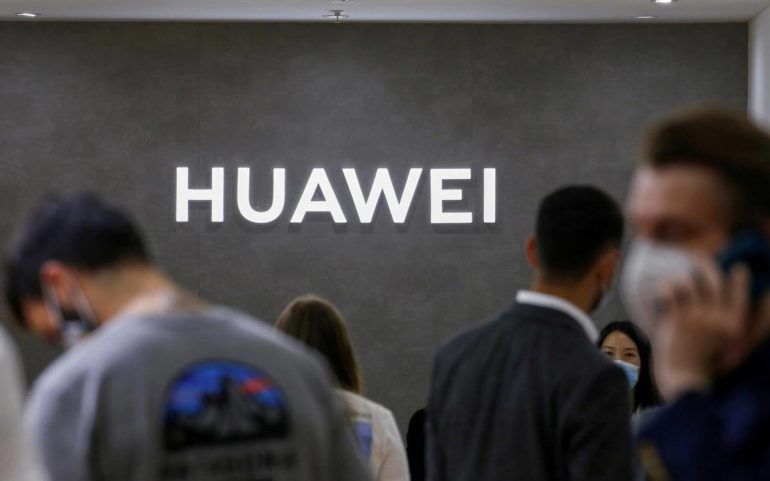China’s Internet authorities have tightened the country’s censorship laws, looking specifically at mobile-first content. The Cyberspace Administration of China (CAC) has informed businesses that develop mobile browsers that they have until November 9 to ensure that they crackdown on content that spreads misinformation or violates core socialist values.
“For some time, mobile browsers have grown in an uncivilised way … and have become a gathering place and amplifier for dissemination of chaos by ‘self-media’,” the CAC said. “After the rectification, mobile browsers that still have outstanding problems will be dealt with strictly according to laws and regulations until related businesses are banned.”
Browsers that are being targeted by the clean-up include some of the most popular in the country, such as those owned by Huawei, Alibaba, Xiaomi and Tencent.
Changing rules
Huawei has already responded to the CAC’s new regulatory push, stating that it will conduct a thorough self-examination and implement strict controls over user-generated content. Other browsers targeted by the CAC have yet to respond.
China has always taken an authoritative approach to controlling the online content available to its citizens, with many forced to adopt VPN solutions in order to circumvent restrictions. Many websites that are household names in the West, such as YouTube, Facebook and Twitter are banned in the country.
The announcement by the CAC may come as something of a surprise, however, as recent government activity suggested that China’s online rules could be softening. In September, the Chinese government authorised a plan to allow foreign telecoms firms to own as much as a 50% stake in joint ventures that offer VPN services to foreign businesses. In addition, a browser that allowed citizens to access previously banned websites briefly became available before mysteriously disappearing earlier this month.
Via Reuters
